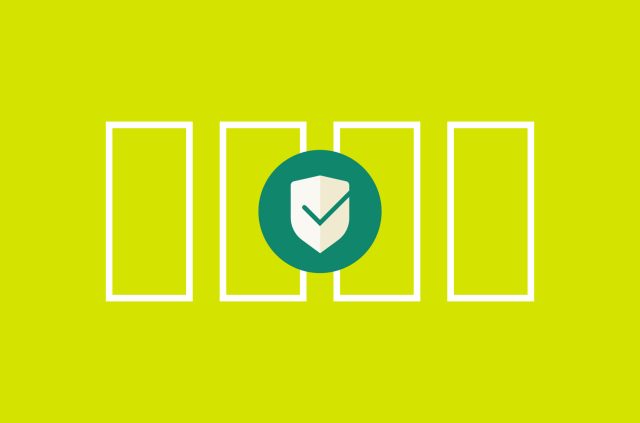
If you’re over the age of 25, your experience with “data collection” in school was probably limited to science class, where you were the one collecting data. These days the term has taken on a new meaning, one where schools are often more interested in collecting data from students than the other way around. And as schools learn more about students, a growing number of parents are concerned about how that data is used.
Collecting Every Bit of Data
Schools have always recorded academic data on students, and the steady integration of computers into the classroom has made it easier than ever to compute grades, track student progress, and report it home to parents. Policymakers are also interested in demographics like age, race, gender, and special needs to make informed decisions about the quality of schools and teachers. This is all well and good.
But learning apps with the power to record data directly from students have raised concerns that such powers could be easily abused. Any app with a searchable database, for instance, could potentially record search terms to sell to companies for targeted marketing. An app that allows students to enter personal information is a ripe point of entry for identity theft. So how do we shield our children from the dangers of sharing their data?
TMI about BMI
These are hypothetical dangers, and so far there hasn’t been a major incident involving identity theft or advertisments targeting students. But there is a third type of data abuse that has already become a real world problem: fat shaming.
In addition to grades and test scores, many schools also monitor students’ performance on physical parameters like “aerobic capacity”, “muscle strength”, and “body composition”. These schools send home letters to parents with suggestions for improvement for their kids' obesity. The New York Times quoted one parent who was offended at receiving one of these reports:
If I want to disclose information about my child, my family, my socioeconomic status, I should be the one to decide, not the school. My kids are there to learn, not to be part of a data set.
In addition to being invasive and damaging to self-esteem, reports like “BMI letters” (or more colloquially, “fat letters”), might not even be helpful. According to a study in Arkansas, a state whose education policy has required BMI screenings for over 10 years, parental notification produced no beneficial health effects. So chew on that.
National Progress
Luckily, more and more states have passed legislation to restrict how student data is collected and used. Some states have targeted restrictions: Florida, Kansas, and New Hampshire prohibit the collection of biometric information (like fingerprints). Virginia has banned schools from selling student information to marketers. Colorado, Idaho, and West Virginia require that a list of collected data categories (like race, financial status, and medical conditions) be published so that parents know exactly what data is being collected. California has taken a more comprehensive approach, effectively protecting students from any non-educational use of their data.
Thus far, the student privacy movement has inspired 182 bills in 46 states, 28 of which have been passed into law. If you’re curious about your state’s status, check out the most recent report from the Data Quality Campaign.
How do you feel about data collection in schools? Share your thoughts below!
Featured image: Syda Productions / Dollar Photo Club
Take the first step to protect yourself online. Try ExpressVPN risk-free.
Get ExpressVPN













